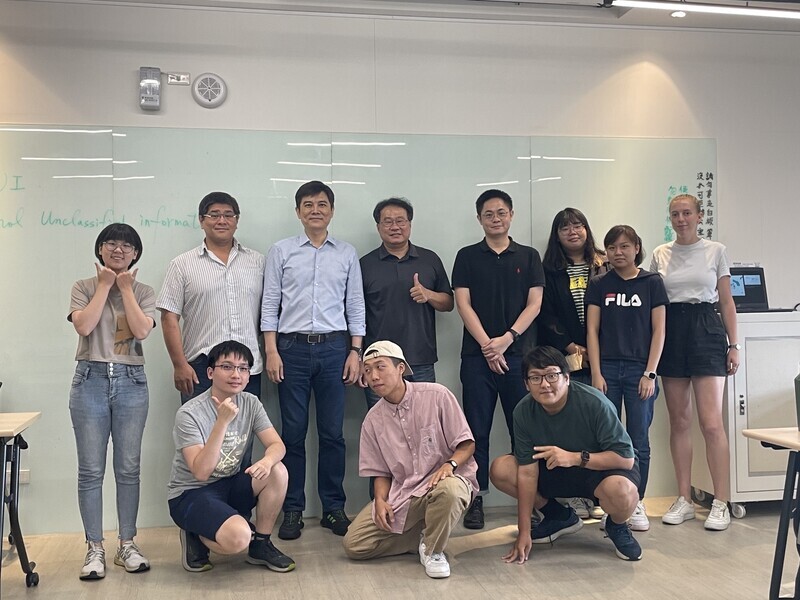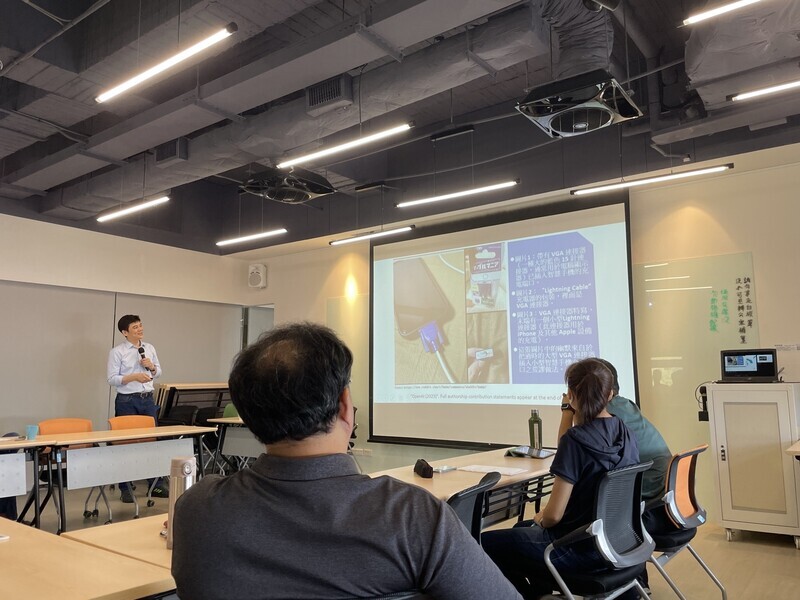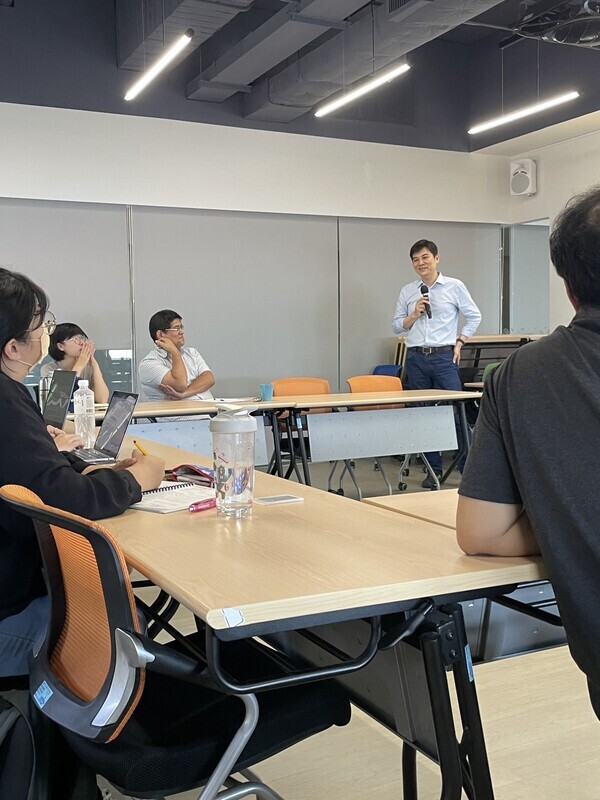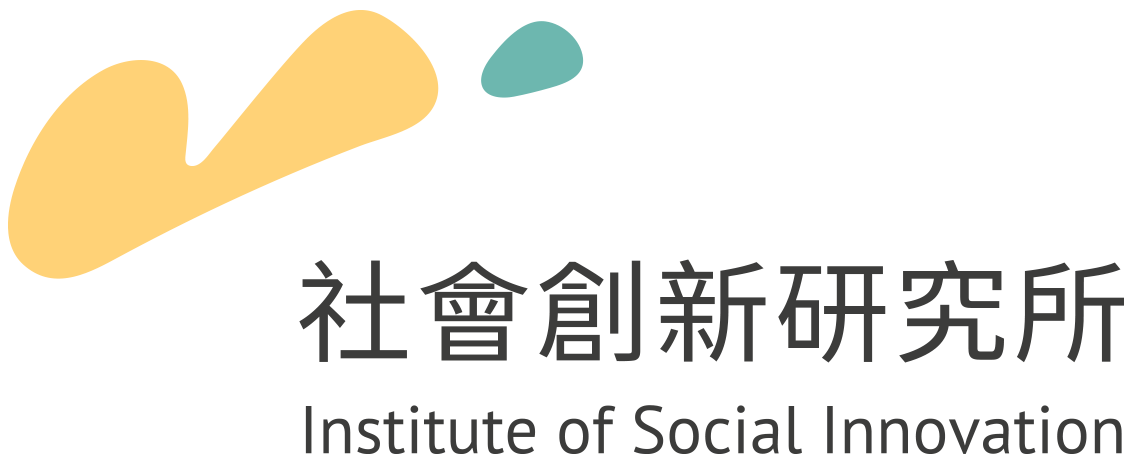“Trends and Cases in Smart City Development” Guiding the development of smart cities in Taiwan and challenges through real-life examples!
Following the previous lecture on “Today and Tomorrow of Industrial Al Transformation”, jointly planned by the Institute of Social Innovation in National Sun Yat-sen University and Professor Chun-I Fan from the college of Engineering, the “Technology Innovation Seminar Series” came to its third session last Wednesday. It was our honor to invite the director Wei-Chun Tai, formerly chairman of the Tainan City Government Research and Evaluation Committee and currently serving at the Institute of CyberTrust Technology, to share the development trends and practical cases of smart cities in Taiwan.
The Deputy Director Tai acknowledged the development as a starting point, and further discussed on urban development. It was inevitable to involve artificial intelligence in the future and developed related systems as well as smart economy. The deputy director Tai said AI can now automatically distinguish what is “funny” from pictures and examples about how AI also will respond horribly when AI was manipulated maliciously. He reminded us that we must be vigilant about information security in the era of artificial intelligence and the domains where human creativity continues to thrive, such as design, art, theorem proving and other fields.
Even though we could foresee the close connection between AI and smart cities, however the development of smart cities is not a recent concept. The deputy director Tai proposed four key characteristics of smart cities, including the quality of life, urbanization, intelligence, and sustainability. He also cited that before and during the epidemic, Taiwan had begun to promote the development of smart cities including the comprehensive digitalization of government agencies and departments, and the development of smart technology applications such as dengue fever prevention, smart parking spaces and air micro-sensing which the deputy director Tai had worked on.
“People’s issues are the most complexed. “Although Deputy Director Tai had worked on the official LINE platform during the epidemic, introducing smart technology measures for Tainan residents to make online vaccination appointments. He noted that many elderly individuals who had made online vaccination appointments arrived at the venue several hours earlier than scheduled on the platform. The gap between reality and expectations left an impression on him. Therefore, he reflected that any issues involving people needed to be handled with caution and policies should be adjusted accordingly. Deputy Director Tai also aware that while developing future smart cities in the aspect of technology development, it is a must to take human factors into account carefully.
During the Q&A session, Deputy Director Tai further brought out the difficulties we need to overcome through the development of smart cities, such as personal data privacy issues, the application of big data, the popularization of technology, the incompatibility of government agency systems in various regions, the issues of idle technology application, the concerns of information security and so on. While these problems may not be solved immediately, Deputy Director Tai believed that the continuous attention to the above issues will pave the way to improve the development of Taiwan smart cities in the future.




